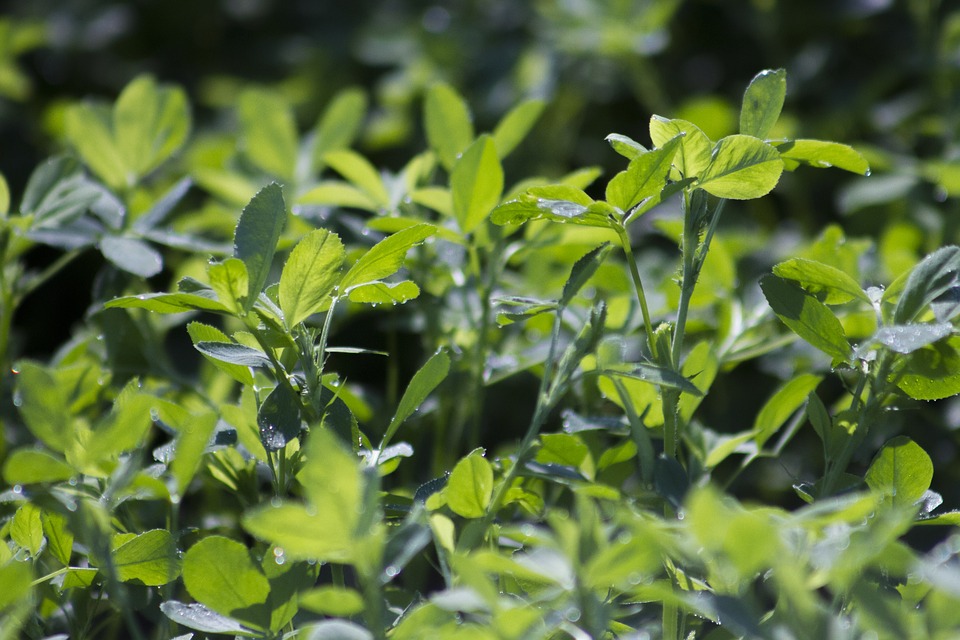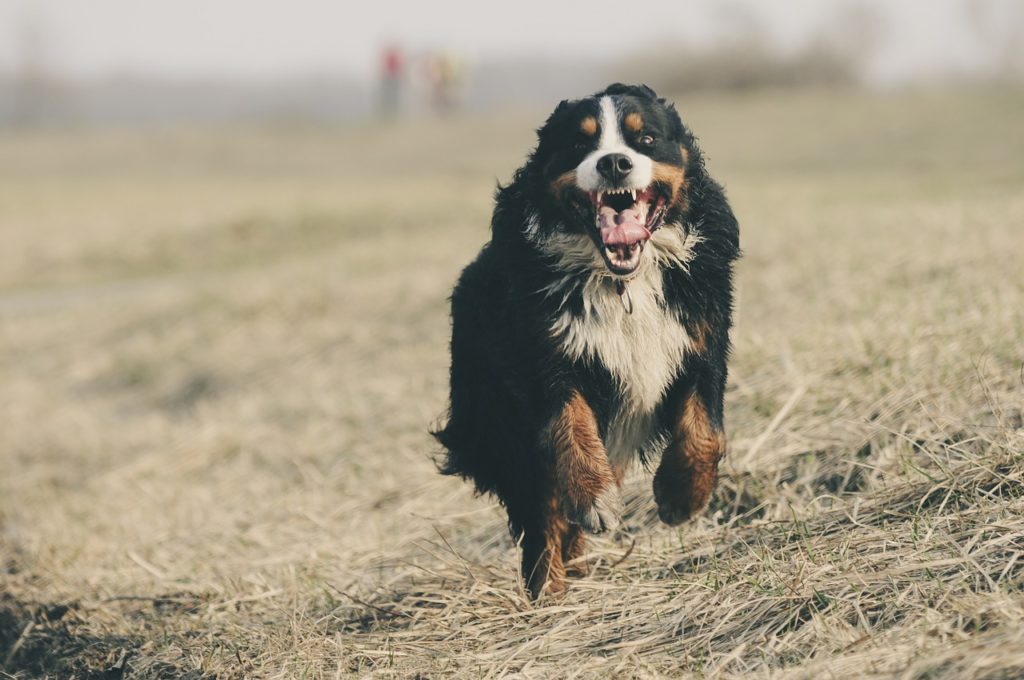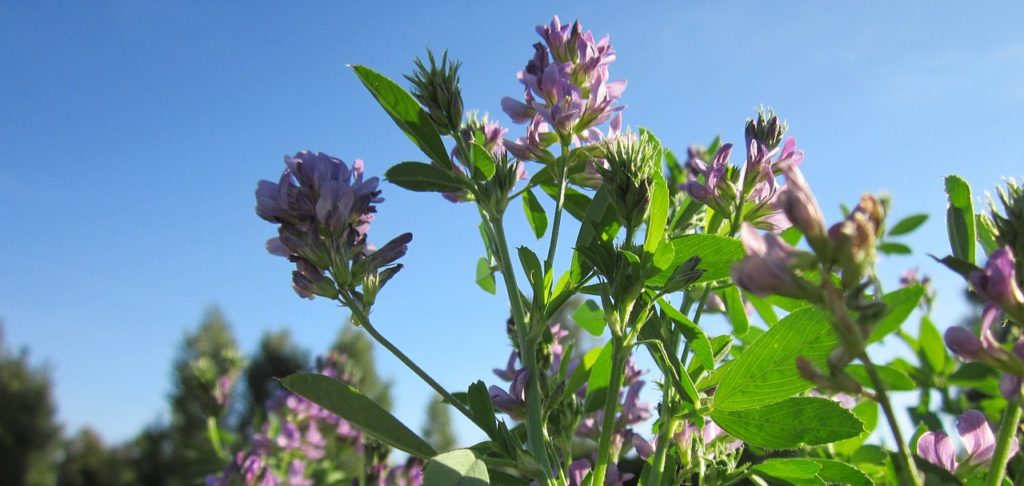It’s always important that ingredients have a purpose in any meal. Canine Caviar knows this so we make sure to create nutritionally balanced diet with function. That means each ingredient serves a purpose; from our dehydrated meats to our smallest additions of herbs and botanical. We’d like to focus on one such ingredient. Alfalfa, a medicinal herb, is an underappreciated plant with a lot of positives. Today, Canine Caviar wants to discuss the benefits of alfalfa for dogs.
An Introduction to Alfalfa

Alfalfa is a perennial plant that grows in many regions, including the northern and western United States. That’s thanks to its ability to fight heat, cold, and droughts. When in full bloom, the alfalfa plant sprouts small purple flowers. Alfalfa is full of important vitamins and minerals, which are pulled from the soil from their roots. The roots of an alfalfa plant can be up to 90 feet below surface level. The Alfalfa also has a reputation for being a medicinal herb and is valued as a beneficial crop for improving soil. Alfalfa seems to be a handy botanical but let’s talk about the positives between alfalfa and your dog.
The Benefits of Alfalfa for Dogs

So what are the benefits of Alfalfa for dogs? There are many great things about this lovely little plant but let’s go through as many as we can:
- Nutrient Dense- Aside from being rich in protein, alfalfa is full of numerous vitamins and minerals. Alfalfa contains calcium, potassium, magnesium, vitamins C, B12, D and more
- Natural Healer- Alfalfa is great for helping with stomach illnesses and healing allergies your pet may have
- Oral Health- Alfalfa helps in preventing tooth decay. Alfalfa also contains chlorophyll which helps freshen breath
- Kidneys Health- Benefits of alfalfa include cleaner kidneys. Alfalfa helps filter the kidneys keeping them healthy.
- Natural Detox- Not only does alfalfa clean the kidneys, it cleans the rest of your blood too. Alfalfa also removes poisons from the body and neutralizes acids.
- Nutrient Absorption- Need some help absorbing as many nutrients as possible. Alfalfa is useful for assimilating proteins, calcium and other nutrients
- Improves Appetite- Alfalfa helps the palatability of food making your dog go crazy for dinnertime.
Concerns over Alfalfa

All ingredients come with concerns. It’s important that people are aware of these concerns and more importantly, how companies face these concerns. For example, Alfalfa holds phytoestrogens; estrogens that disrupt the endocrine system in the body. Alfalfa also contains saponins. Saponins are responsible for disrupting the absorption of vitamins and minerals.
If these dangers exist, then does that make it dangerous to include it in a dog’s diet? The answer is no. The reason why is because when alfalfa is used in small doses, there is no issue. Phytoestrogens and saponins only become an issue for a dog if alfalfa is being used as the main source of protein in a diet. Dogs require a full amino acid profile which plants cannot provide. Alfalfa should be used as a supplemental in minimum quantities for the health benefits, not as a source of protein. Meat should always be the primary protein source in a dogs diet.
Sun-Cured Alfalfa and Canine Caviar
Canine Caviar craves to utilize the full nutritional benefits of alfalfa for dogs and their health. It contributes to the alkalizing effects on the body. We use a small amount of alfalfa, less than 5%, in each diet and to ensure that the alfalfa is as nutritious and safe as possible, we only use sun-cured alfalfa. Sun-cured alfalfa adds the benefit of minimizing the negatives of alfalfa while keeping the great nutrients inside that come from the deep roots in the pure soil that topical influences cannot reach . We believe in the great benefits of alfalfa for dogs.
Final Thoughts
It’s important that one understands the benefits of alfalfa for dogs. Learning how ingredients work is good knowledge to have. That knowledge comes especially in handy during a vet visit where the more information they can get, the better able they will be in helping your dog.
If you enjoyed this post, check out the Canine Caviar Blog for more great articles. You can find out the Importance of pH Balance in Dogs or learn about Ash Contents in Dog Food.
